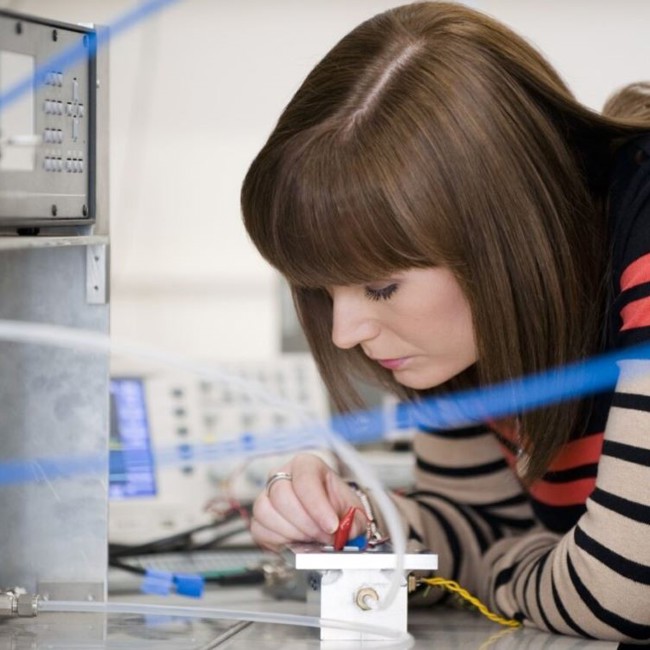Course Overview
The UWS Graduate Apprenticeship BEng (Hons) Engineering Design & Manufacture effectively combines university education with work-based learning.
Students attend UWS one day per week, while workplace learning makes up over a third of the degree. The programme, which is taught by expert academics, emphasises advanced design and manufacturing concepts. These include CAD, prototyping, simulation, and digital manufacturing. The programme also covers covers essential management, data analysis, and quality assurance skill-building aspects.
With a progressive approach to syllabus design, the curriculum incorporates key areas such as AI and the fusion of digital and manufacturing technologies, ensuring graduates gain real industry-relevant expertise.
Students receive dedicated support from lecturers and a work mentor both on campus and in the workplace. Additionally, the programme features minimal assessment, focusing instead on industry-led projects and practical learning to develop essential problem-solving and research skills.




